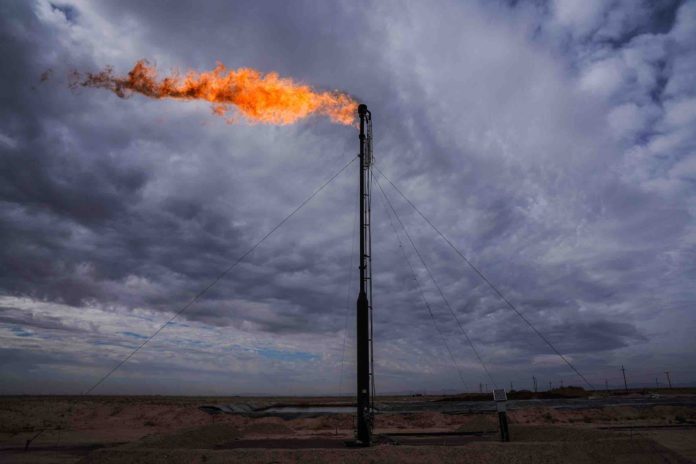This is Scott Amyx with today’s Climate Change Flash Briefing.
When you think of the largest oil producers, you naturally think of Russia, Saudi Arabia and other OPEC nations. Yet, as of 2018, according to the U.S. Energy Information Administration, the U.S. became the biggest producer of crude oil in the world, thanks to the U.S. shale oil boom in the Permian Basin of West Texas. The U.S. is on target to reach nearly 12 million barrels per day according to EIA data.
Fracking unlocked vast sums of oil and natural gas that had been trapped underground and drilling costs declined dramatically, making the U.S. resilient and competitive relative to OPEC nations. According to Reuters, estimates put the break-even point for fracking at around $50 per barrel, but other estimates put it as low as $30 per barrel, making it more profitable and commodity market resilient than traditional oil drilling from wells.
With such strong economic interests, it’s becoming difficult to steer the ship away from fossil fuels to clean energy.
Stay tuned next time to find out how economic self-interest is making diversification away from oil and gas to clean energy difficult.


















